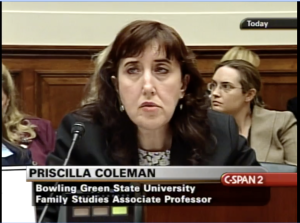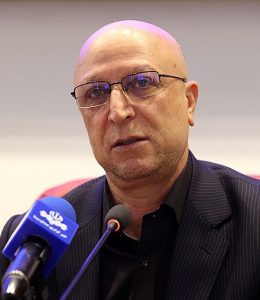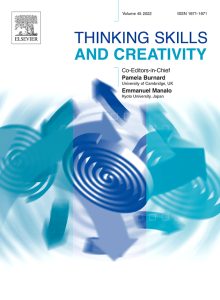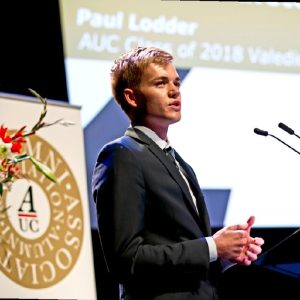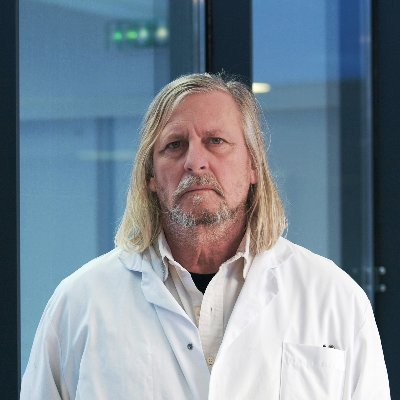The authors of a 2021 paper on a method of male enhancement have been forced to retract the paper after losing a legal battle over the technology.
At the heart (er, groin?) of the matter is a dispute over the ownership of a penile implant. According to court documents, James Elist, a urologist in Beverly Hills, Calif., developed the device, which he commercialized as Penuma for men who want a bit more than nature provided.
Penuma received clearance from the US Food and Drug Administration in 2004, becoming the first such product to reach the market. (As Elist told GQ in 2016, the surgically-implanted devices come only in large sizes because “nobody wants a small.”)
Elist alleges in a lawsuit that in 2018, a urologist in Texas named Robert Cornell contacted him with questions about how to use the Penuma in practice – questions the California physician claims were really efforts at corporate espionage:
Continue reading Contempt judgment in penile implant spat leads to retraction

